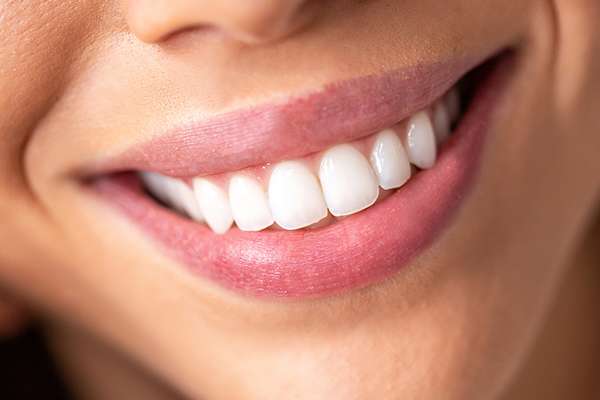6 Questions to Ask a Dentist About Root Canals as Dental Restoration

Looking for information on dental restoration? Root canals are a type of dental restoration designed to combat tooth loss and improve oral health. Root canals, in particular, are common procedures, however, most people become anxious when finding out that they may need to undergo one. It is important to understand that there have been many recent improvements in dental technology, which makes the procedure more streamlined and less painful.
6 Questions to ask about root canals
Outlined below are a few questions to ask a dentist about root canals as they relate to dental restorations. It can be helpful to review the following information when preparing to have a root canal procedure done.
1. Does a root canal hurt?
Yes and no. Most patients will experience some discomfort, however, it will be after the procedure. Patients are numbed during the procedure, which usually eliminates the sensation of pain.
2. Is a root canal a type of dental restoration?
Yes. There are a lot of dental restoration procedures including dental crown placement, application of composite bonding, and insertion of a dental filling.
3. Is there any special root canal aftercare?
In general, there is not anything out of the ordinary to do after undergoing a root canal. However, there are a few general guidelines, such as being gentle when performing oral hygiene activities, and consuming a soft food diet. Hard and sticky foods should be avoided for at least a day or two. General dentists also recommend using over-the-counter pain relievers and ice to reduce discomfort and swelling. Most pain and swelling should not last longer than 48 hours.
4. What is involved in a root canal dental restoration?
Root canal dental restorations involve a few key steps, starting with the application of a numbing agent. Next, the infected pulp is carefully removed so that the cavity can be cleaned and disinfected. To finish, the tooth will be sealed with gutta-percha, a rubbery material used in dentistry. A temporary crown will be placed to complete the dental restoration, however, a few weeks later, a permanent one can be placed.
5. What does a root canal achieve?
Root canals are designed to achieve the restoration of a damaged tooth. Additionally, the procedure can help to improve oral health, which is achievable after the dental restoration process is complete.
6. Are there any special preparation tips before undergoing a root canal?
As it relates to root canals, patients should prepare to eat a diet of soft foods after the procedure. It is also a good idea to purchase over-the-counter pain relievers to have readily available as there is usually soreness and discomfort. General dentists can recommend certain medications to patients preparing for their dental restoration procedures.
Do you need a root canal?
When looking for more information on dental restorations or root canals, it is best to consult directly with a general dentist. Any questions or concerns about the process can be addressed, and an evaluation can be performed in order to determine the most appropriate course of action. Reach out today to find out more or to get scheduled for an appointment.
Request an appointment here: https://balmoraldentalcenter.com or call Balmoral Dental Center at (256) 429-3870 for an appointment in our Huntsville office.
Check out what others are saying about our services on Yelp: Read our Yelp reviews.
Related Posts
Dental restoration can be used to rebuild and restore the function of damaged teeth. They can also be used to restore the aesthetics of damaged teeth. Tooth decay is one of the main reasons teeth become damaged, but other factors like trauma to the face or habits like nail biting or teeth grinding can lead…
When your mouth has been worn down due to years of wear and tear, dental restoration can help you get your smile back and improve your oral health. Even if we do not think about it, we rely on our teeth, tongue, gums, jaw, and throat for more than we realize, and keeping all these…
If you have an early-stage cavity or even more serious damage to your tooth, dental restoration options can help you keep your teeth strong and healthy by reinforcing the protective layer of your tooth enamel, helping it rebuild its structural strength over time. While many dental restoration options can be used in conjunction with one another,…
Traditionally, dental restorations require an individual to have a physical impression of their mouth taken. Impressions are necessary to accurately create an indirect dental restoration, which are restoration made outside of the oral cavity and applied at a later time. Dental crowns, veneers, inlays and onlays are all examples of restorations that require impressions in order…


